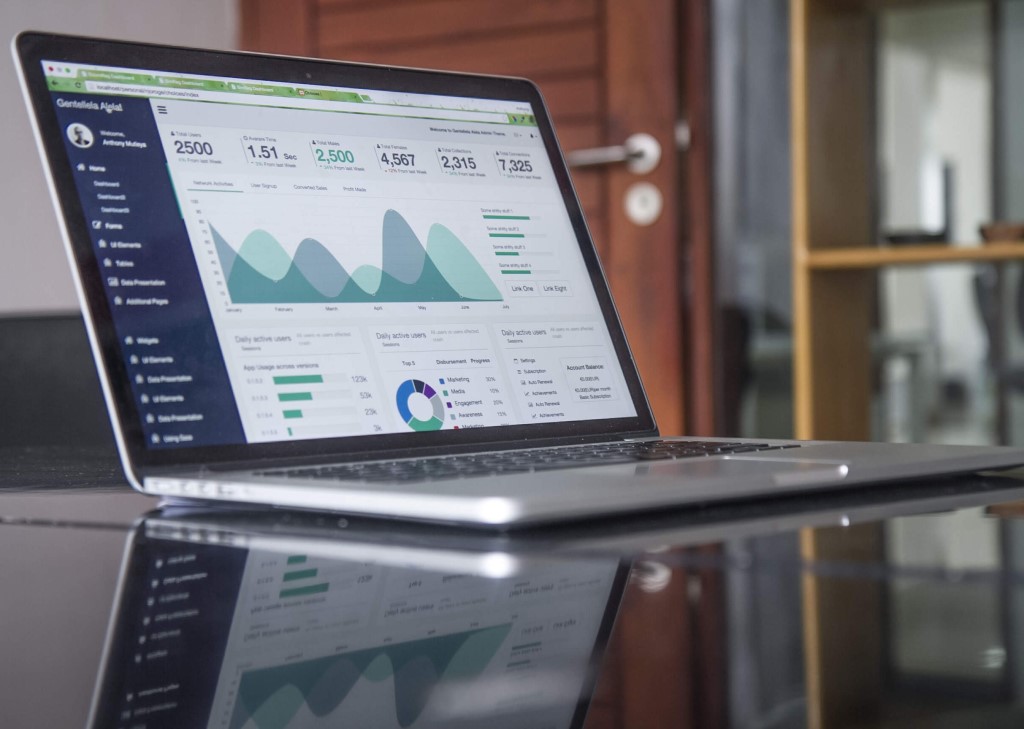
In the digital age, the concept of alternative data is quickly gaining traction. More and more businesses are becoming aware of the concept, especially hedge fund managers, data aggregators, and financial organizations. Just like all other innovative solutions, alternative data isn’t without its own challenges and complexities.
However, regardless of the many challenges the asset collection process brings, alternative data is one of the most innovative solutions in the online business landscape. Today, we will explain what alternative data is, how it is used, the challenges it brings, and how to overcome them.
The concept and role of alternative data
In the online business environment, competition is quite fierce. Businesses are working around the clock to get ahead of the curve, and they’re relying on every data source they can get their hands on to improve their decision-making by gathering actionable insights.
Traditional data sources like financial statements, charts, presentations, sales figures, and SEC filings can help them in their efforts. However, these sources provide nothing but raw data that can’t give businesses a further, more detailed insight into the actions they need to take to beat their competitors.
Since the need for the most actionable insights has never been greater than it is today, modern businesses have recognized the need for a more sophisticated approach to gathering data that would allow them to make the most lucrative investments.
This approach includes relying on non-traditional data to locate, extract, analyze, and interpret user data. These sources include financial transactions, internet inputs, web traffic, mobile usage, satellites, public records, news sites, and more.
Alternative data provides more thorough and detailed insights that help investors identify the most profitable investment opportunities. You can use this type of data for many different purposes, including helping your business:
- Understand its consumers
- Identify the best investments
- Enhance quantitative research
- Improve brand sentiment
- Beat competitors
- Stay up-to-date on market conditions
- Understand the latest technology trends
Companies rely on alternative data to:
- Assess investment risks
- Perform all sorts of analysis
- Discover the best practices for data modeling, analysis, and science
- Get insight into the best financial services
- Track market movement and events
- Work on competitive intelligence
The financial market
The most important role of alternative data in the financial market is providing insights into model-driven investing. This type of investment refers to the use of analytical information models to drive actionable insights for the financial market to discover the best and most profitable investment opportunities.
Even though many businesses have yet to completely abandon the use of traditional data sources, alternative data plays a crucial role for investment organizations. It allows them to identify new ideas and come up with innovative ways to generate increased revenues and get ahead of the competition.
Alternative data is better than traditional data simply because it allows financial businesses to get a real-time picture they need to make their decision-making more effective in terms of assessing risks with lending loans, improving their risk management practices, etc.
Alternative data as solutions to common issues
Gathering data is always prone to many challenges and gathering alternative data isn’t any different. Collecting such data involves common issues such as:
- Problems with extracting data without getting detected and banned.
- Gathering and extracting top-quality data from non-traditional sources due to problems with ascertaining the source, legal accessibility, and the authenticity of the extracted data.
- The extracted data is nothing but a huge chunk of unstructured, raw data that needs further analysis and interpretation.
- Geo-restrictions are among the biggest challenges when it comes to collecting alternative data. However, if you’re trying to extract alternative data from a non-traditional source in Germany but the source is locked in your location, you can solve this problem by using a German proxy to bypass the restriction and gain access to the information you need.
Proxies as the dominant tool
Proxies are the best tools for overcoming any challenges that come with gathering and extracting alternative data. Aside from bypassing geo-restrictions, proxies are also the best solution for web scraping without getting banned. If a target website is located in Germany and you can’t access it from your current location, a Germany proxy will solve that problem with ease. But before diving into using proxies, it is always a good idea to learn more about Germany proxy and get familiar with this useful tool.
Proxies will crawl multiple target websites, bypass safety mechanisms, and give you access to alternative data by browsing the most important web pages from link to link. They excel at finding top-quality data and extracting it for further use.
Proxies can also help filter and structure raw extracted data and are an excellent solution when you need to speed up your scraping and extracting operations.
Conclusion
With the internet becoming crucial to so many businesses, the popularity of alternative data will continue to grow. Aside from allowing companies to discover the most lucrative investment opportunities, alternative data is vital to creating smarter and more competitive business strategies that will take businesses to the next level and establish them as dominant forces in the local markets and beyond.